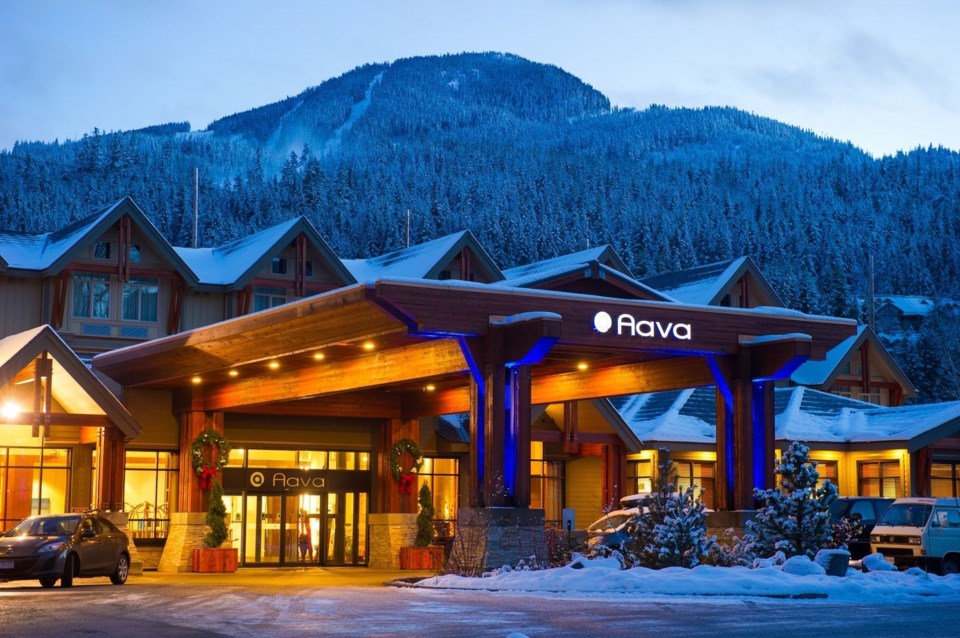Aava Whistler is the latest resort hotel to finalize a new collective bargaining agreement with Unifor, granting workers a wage hike and additional paid sick days over the course of the deal.
The three-year agreement inked last month between the village hotel and Unifor Local 3000 comes with a 13-per-cent wage hike over the term and a total of eight employer-paid sick days. National Unifor rep Gavin Davies said the deal was several months in the making—although the parties only negotiated in person a handful of days before cementing the agreement. Other tenets of the deal include an increase in compensation for employees commuting to Whistler, and shift scheduling based on seniority.
“What we hear from a lot of the non-union hotels [in Whistler] is they’ll bring in temporary foreign workers … and then give them the premium shifts in order to retain them,” Davies explained.
A representative for Aava Whistler did not return several requests for comment.
Unifor also represents local hotel workers at the Hilton, the Westin Resort and Spa, the Blackcomb Springs Suites, the Tantalus Resort Lodge, and the Whistler Cascade Lodge. Collective bargaining agreements have been secured with Unifor at each of these hotels within the past year and a half, Davies said, with workers receiving between 14- and 19-per-cent wage bumps, depending on the respective contract.
“All the hotels have realized they have to pay these people decent pay and it really wasn’t a fight,” Davies said.
Local hotel workers gained significant leverage during the pandemic, added Davies, as employers looked to retain staff that stuck it out through COVID-19 lockdowns and the related tourism slow-down.
“One hundred per cent, without a doubt they have certainly gained leverage,” he said. “Some of these negotiations were going on with the uncertainty of COVID in the background—especially last year. They could have shut everything back down last year, so they didn’t know and really wanted to reward the workers that stayed.
“I think we’ve gotten to the point where there’s not only a need but also a willingness from employers to recognize their employees [in Whistler].”
For many resort hoteliers, at least part of that recognition has taken the form of offering staff housing.
“When I speak to my colleagues, they’ve rented places, they’ve provided shuttles if their workers are coming from out of town, so different people have done different things to accommodate their staff,” noted Saad Hasan, chair of the Hotel Association of Whistler.
For the first time in several years, Whistler’s hotel sector is expecting a full staff complement this busy holiday period, said Hasan, a sign of the lengths to which hotels have gone to house their employees (including renting housing in other communities, as the Four Seasons Whistler has done).
“The hotel association member hotels seem to have optimum staffing at the moment, which goes to show they have accommodated their staff and accommodated the housing need as well,” Hasan said.
In a release, Unifor’s western regional director Gavin McGarrigle said the union is “here to listen to hotel workers who don’t have a union yet.”
Unifor is Canada’s largest private-sector union, representing 315,000 workers across the country—including local transit workers, who went on strike for a record 137 days last spring, shutting down bus service across the Sea to Sky.




